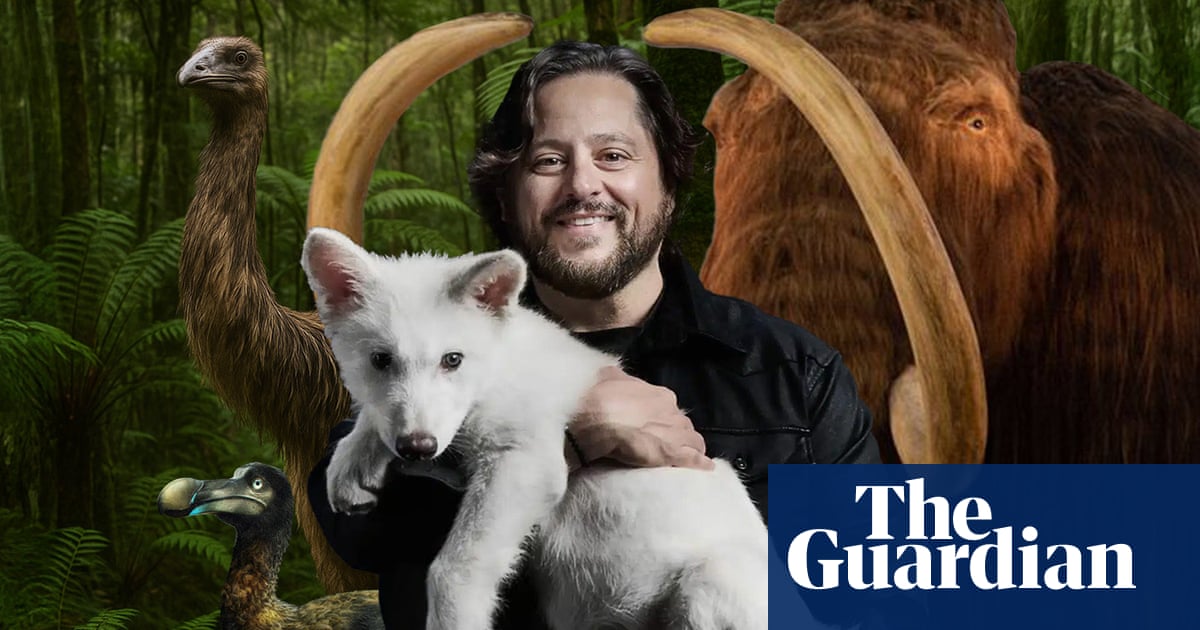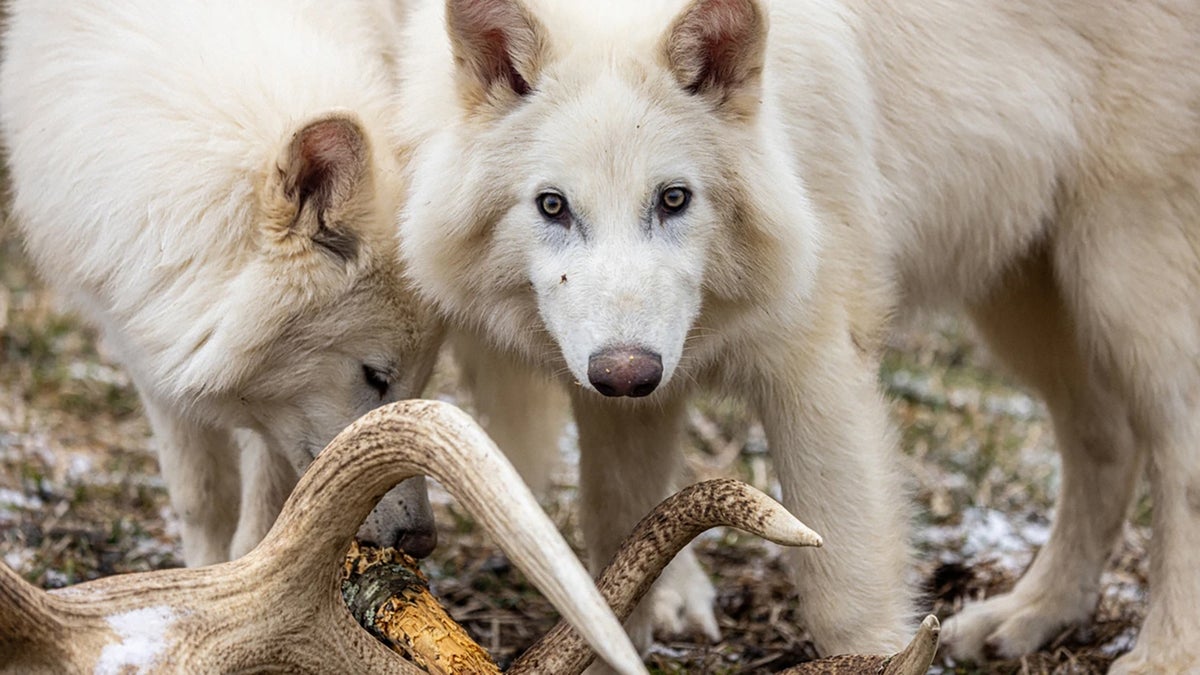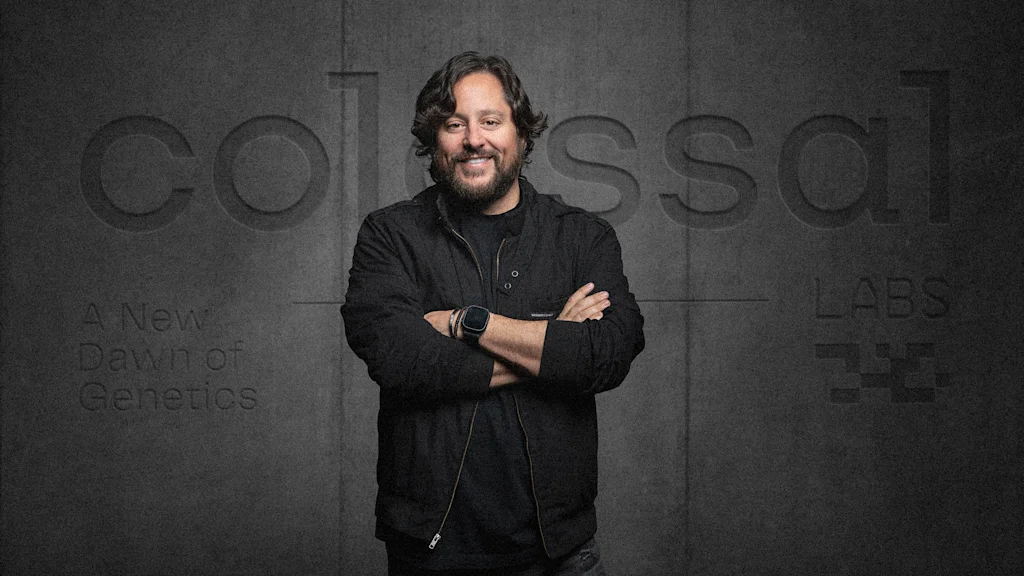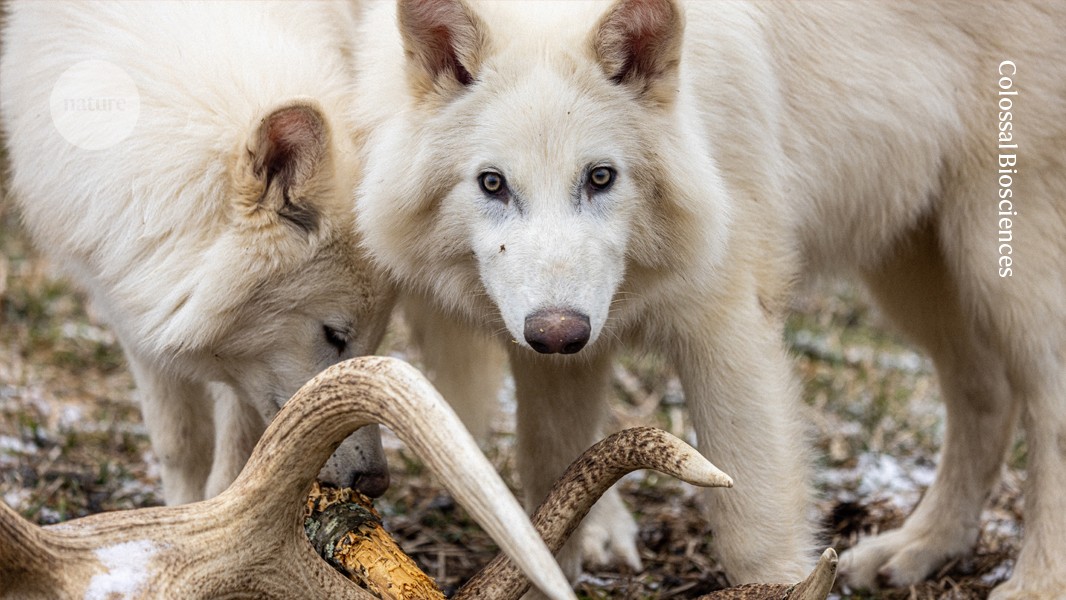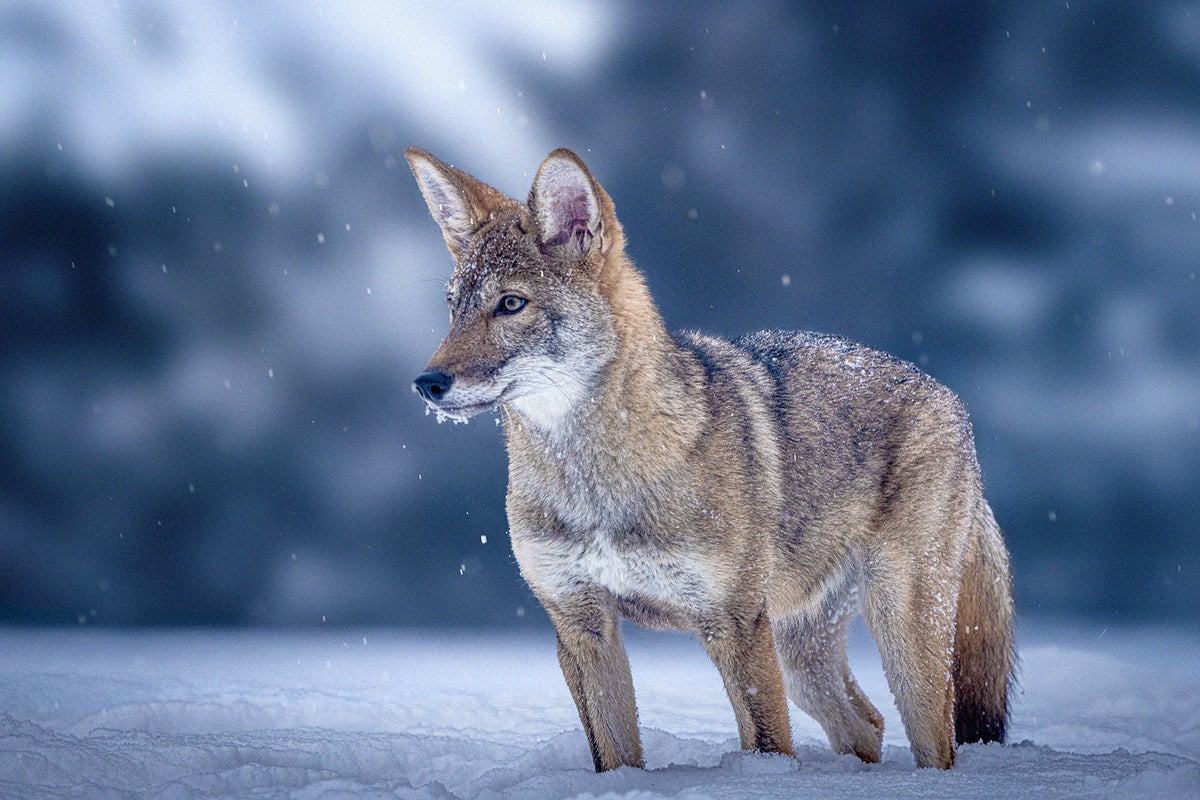#de-extinction
#de-extinction
[ follow ]
#genetic-engineering #colossal-biosciences #conservation #biodiversity #cloning #dire-wolf #tom-brady
fromPhilosophynow
3 months agoChallenging Times & Moral Issues
Sceptics long saw this as just an amusing theory, an intriguing piece of sci-fi speculation. Yet science generally and AI specifically are now advancing at such a breakneck pace that some people are speculating that the Singularity is real and is almost upon us. Be that as it may, galloping technological change is throwing up new ethical problems almost faster than we can write them down, let alone solve them.
fromwww.theguardian.com
4 months agoDodo birds could roam again, claim scientists, as they report pigeon gene-editing advance
Colossal Biosciences said on Wednesday it has succeeded in growing pigeon primordial germ cells, precursor cells to sperm and eggs, for the first time. This is a pivotal step in bringing back the dodo, which was a type of pigeon, for the first time in more than 300 years, according to Colossal. The Texas-based company, which has made splashy headlines for its plans to reestablish wooly mammoths and dire wolves, said it has also developed gene-edited chickens that will act as surrogates for the dodos.
Science
Science
fromenglish.elpais.com
4 months agoOldest known bacterial DNA found in a mammoth that lived more than a million years ago
Ancient DNA from mammoth remains reveals preserved oral and internal bacteria, including pathogen relatives that could have caused lethal infections in mammoths and modern elephants.
Tech industry
fromwww.npr.org
6 months agoFrom hippies to techies, Stewart Brand is the 20th century's top "influencer"
Stewart Brand shaped counterculture and technology, founding the Whole Earth Catalog and influencing generations of innovators while promoting long-term thinking and ecological restoration.
fromwww.theguardian.com
7 months agoA billionaire will pay a lot of money to shoot a recreated being': historian Sadiah Qureshi on extinction and empire
The very idea of de-extinction raises profound questions about the meaning of extinction and how we treat life, whether living, endangered, dead or extinct.
Science
fromThe Conversation
7 months agoIf it looks like a dire wolf, is it a dire wolf? How to define a species is a scientific and philosophical question
Colossal Biosciences claims to have restored the dire wolf, but in reality, they merely edited gray wolf genes, raising questions about species definition.
philosophy
fromwww.chicagotribune.com
9 months agoThe return' of an extinct wolf is not the answer to saving endangered species, experts warn
The revival of the Dire Wolf heralds the advent of a thrilling new era of scientific wonder, showcasing how the concept of de-extinction can serve as a bedrock for modern species conservation.
OMG science
[ Load more ]
